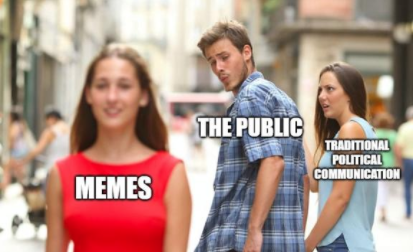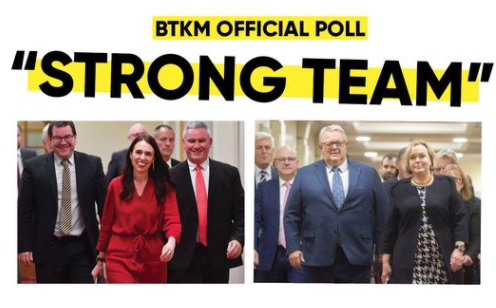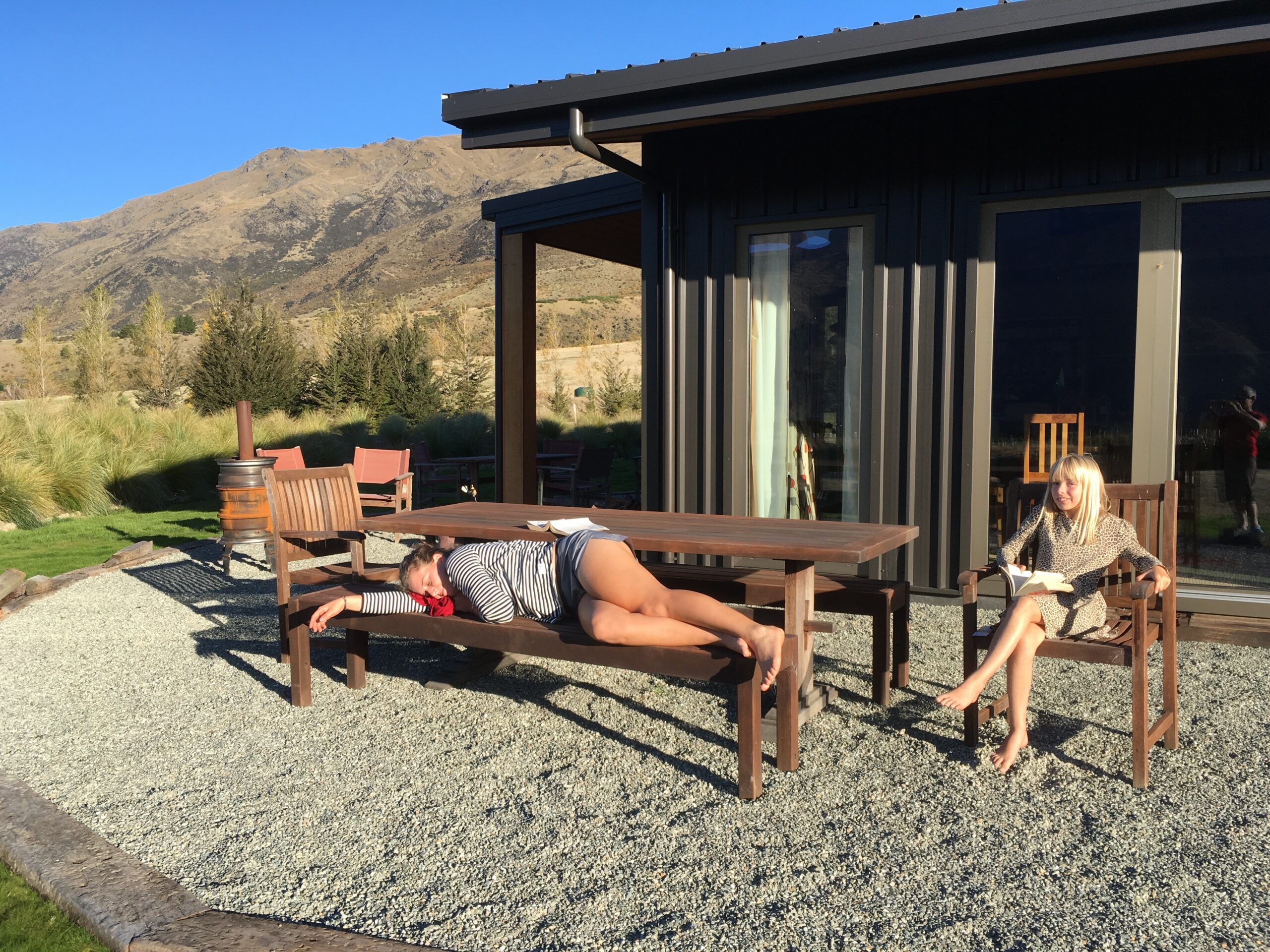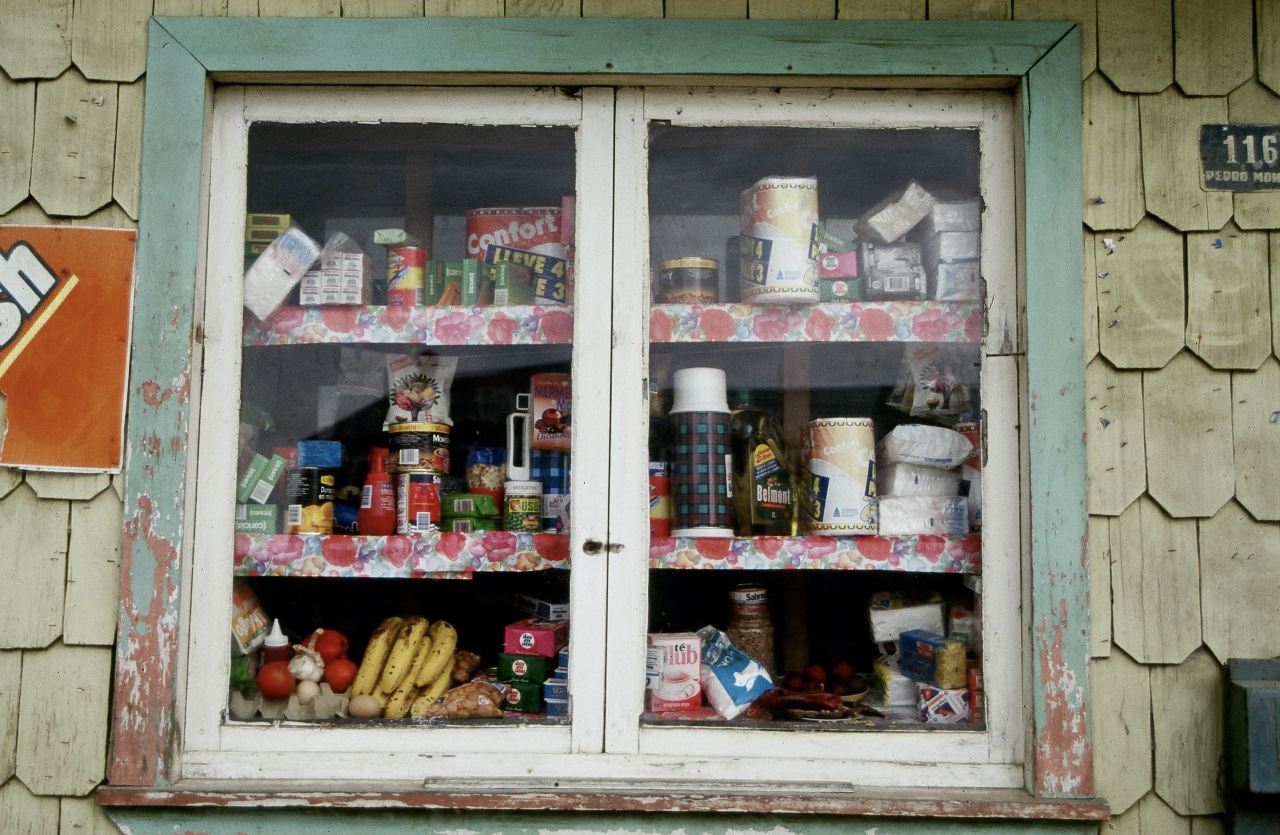A few year’s ago, our friend Nina was engrossed in Harry Potter while Sarah was supposed to study economics
When I was a child, I loved fairy stories. I read every fairy story in the library and was excited when a new book arrived. I moved on to fantasy literature, of which fairy stories (as short tales which include magic and magical beings) are a subset. I read the Narnia series multiple times (these days I find the religious undertones a little hard to ignore). I don’t know how many times I read the Lord of the Rings, for a while I read it annually. To me, the Harry Potter tales are a modern equivalent of the Lord of the Rings – they have captivated a generation of young fantasy readers.
Reading fiction is ‘an exercise of guided imagination by which we experience places, cultures and lives we might otherwise never visit or know’. It is both escape and stress free practice for situations we might encounter – I can enjoyably imagine myself as the hero in a fantasy novel without worrying whether I might achieve the mighty tasks the hero is required to fulfil. I can imagine myself as the last survivor in apocalyptic fiction without really believing the world will collapse. Z for Zachariah was a particularly memorable childhood read and when I read Margaret Atwood’s Oryx and Crake trilogy it gave me a literary ‘flashback’ moment.
I don’t think the utility of reading fantasy ever ends. We may ‘grow up’, but our need to imagine beyond ourselves never ceases. As individuals who require social networks (social pushmi-pullyus), we need to understand other human beings in order to figure out how to cooperate. Supposedly, reading fiction is associated with people having higher degrees of empathy – those reading are practising understanding different sorts of people. However, no-one has carefully pulled apart cause and effect in this instance – it could be those who have more insight into others like reading better!
While reading fantasy may help me imagine other worlds, other people, and new ways of doing things, I am not so convinced that being exposed to election fantasy is anywhere near as useful. My ‘Really‘ loop is being continuously taxed as I hear electioneering promises. Let’s have a look at health, as an important area of policy. Every single party other than ACT wants to increase funding to one or more aspects of healthcare, largely to do new and extra things that the healthcare system doesn’t currently achieve. Those policies are very laudable. However they are also rather unbelievable, given that the health system has been stretched for resources for decades and can’t do what it is currently supposed to do. Perhaps there should be a policy focus on raising funding so the healthcare we are currently promised can be delivered? Unfortunately, that doesn’t really sound like an election winning strategy – we will put the money in to do what we previously promised you would be done. It almost sounds like Trump’s theoretical platform – vote me back in so I can fix all the things I messed up while President.
How about incomes and employment? Here the parties have more differences. Some want increased money to be distributed to disadvantaged groups, with the Greens and Maori Party promising more than Labour, TOP proposing a UBI, National sitting on the fence by not reducing or increasing benefits, and the New Conservatives and ACT reducing handouts. However, every party with a policy on housing agrees that government needs to spend more in this area.
So where is the ‘more’ going to come from, for any of these policies? The economic policies don’t give one much hope. A number of parties propose putting more money into research, development and commercialisation (though ACT wants to abolish all such subsidies). From personal experience, such investment is often one or more decades distant from returns. So if that’s our major hope for creating ‘more’, or even getting us back to where we were in 2019, I think there is faint hope.
Funnily enough, that’s pretty much what Treasury said today – we are doing better now than expected but the future doesn’t look too good. Unemployment is only predicted to top out at 7.8% in 2020, where in May it was predicted to rise to 9.8% (and earlier in COVID times it was predicted to be into the teens). Our economy contracted by 16% in the three months to June, where earlier predictions were a 25% contraction. Our debt will rise to around 55% of GDP by 2024, from 19% in 2019 and equivalent to the previous all time high for this ratio, of 54.8% in 1992. However, Japan has managed to maintain its international credibility with over 200% debt to GDP and the rest of the world is printing money like there is no tomorrow, so we might be in fine company.
What looks far worse than the above figures, is that we are going to need to keep printing money or borrowing money, and then borrow some more, into an extended future. The Government’s pre-election report predicts there won’t be a surplus until the mid 2030s. And this is based on travel being back to normal by January 1 2022, which remains more in the fantasy than real world until we have some concrete reasons to expect it might be that way. In summary, one only has to read the lines on the page to see there will be no ‘more’, for some considerable time to come. Belt tightening is required, and policies that promise ‘more’, really require other policies that promise ‘less’, if we are ever to hope to balance our national books in some, not yet imaginable future.
The consequence of my above analysis is that I will retreat to reading the Hunger Games prequel – The Ballad of Songbirds and Snakes. For those who haven’t read the Hunger Games and like dystopian fiction, I can highly recommend it. And, at least with our current Prime Minister, we have a reasonable chance that we won’t be sacrificing our youth in gladiatoral combat to keep the masses passive, given that she is a strong advocate of kindness. In other words, I don’t need to take the premise of the books too seriously. I wish I could regard the upcoming election as lightly, though.




Discover more from Jane Shearer
Subscribe to get the latest posts sent to your email.




